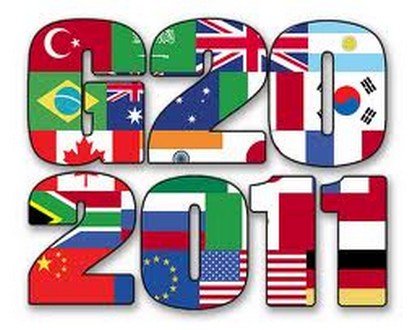The financial crisis that began in 2007 profoundly transformed economic policy instruments and the way economists typically analyzed them, even if it is still too early to fully measure its impact.
The first certainty that had to be questioned was the idea that macroeconomic fluctuations were under control.
The era of the Great Moderation, which developed countries had experienced since the mid-1980s with stable output and inflation, therefore seems to be a thing of the past.
This economic context had led to a new synthesis in economic thought, where economies only deviated from equilibrium due to exogenous shocks, and not because of internal processes causing cumulative imbalances.
The consequences of the 1987 stock market crash or the bursting of the internet bubble in 2000 were indeed well managed. Little attention was given to financial regulation and the impact of a financial crisis on the real economy.
Moreover, monetary policy was the main instrument of counter-cyclical policy, conducted as independently as possible, allowing for quicker implementation than fiscal policy, which was subject to political constraints.
But in 2007, the bursting of a housing bubble in the United States, notably, and the subprime crisis in a deregulated financial sector not only forced central banks to lower interest rates to near zero and implement unconventional policies but also compelled states to significantly increase their deficits to ultimately avoid experiencing a new Great Depression.
The financial crisis has transformed the economic world: it is now a matter of interpreting it.


